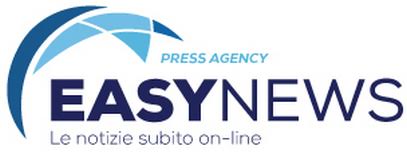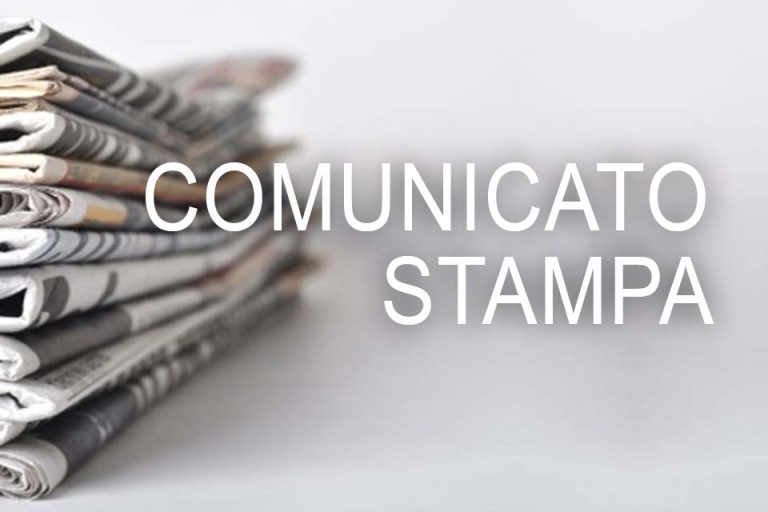
Nearly 9 out of 10 social media posts on smoking and drugs make false claims
WHO/Europe presents a new tool to counter misinformation on noncommunicable diseases online
EMBARGOED UNTIL 21 OCTOBER 2022, 11:00 BST / 12:00 CEST
As more people get health information online through search engines or social media, the more likely they are to being exposed to misinformation. Wrong perceptions of health risks such as smoking, alcohol consumption, unhealthy diets or physical inactivity can lead to numerous life-changing and potentially deadly noncommunicable diseases (NCDs) like cancers or diabetes.
WHO has produced the “WHO Toolkit for tackling misinformation on noncommunicable diseases” – a new guidance explaining why current measures implemented in the European Region are not achieving optimal results, and gives new ideas to protect people from misinformation.
Health misinformation prevalence on social media
Online content generally goes viral when it elicits strong emotions. The COVID-19 pandemic has demonstrated how dangerous to people’s health misinformation can be – no matter if it’s disseminated intentionally or unintentionally.
The same is true for noncommunicable diseases and their risk factors that cause around 90% of premature deaths in the WHO European Region.
Topics such as cancer, diets, alcohol, tobacco, or drugs, are fertile ground for misinformation to spread faster than most anti-misinformation strategies can cope with.
A recent study revealed that at the beginning of COVID-19 pandemic up to 87% of social media posts about smoking products and drugs contained misinformation. More than a third of all social media content about diets is misleading or wrong, including content from pro-eating-disorder communities. For content about cancer and other NCDs, roughly 40% is characterized by misinformation.
Why are we not winning the fight against “fake news”?
The WHO publication presents an overview of the main challenges that make the fight with misinformation complicated:
- Difficulty and low ability to assess the credibility of information sources. Those at greatest risk of NCDs also suffer from poorer access to accurate and timely health information;
- The low economic cost of producing “fake news” compared with factually accurate information;
- Most online platforms initially chose to remain indifferent to the accuracy of the health content they host. Their algorithms funnel users towards content likely to attract and keep their attention and misinformation tends to fit those criteria. This may create a perverse financial incentive to direct users to information that harms their health.
- Efforts to tackle misinformation are not achieving results given the scale of the problem, the lack of effective cooperation between authorities, tech companies, the media industry and civil society.
How to tackle the misinformation problem: a new WHO European concept
The WHO guidance introduces the concept of a three-way partnership in the fight against misinformation. This new methodology requires the following three levels of governance cooperate and take advantage of each other’s potential:
Member States. They play one of the most important roles in defining the terms of the cooperation between the different levels. Their motivation and initiative are crucial to gather the various stakeholders (from science to policy, from policy to news, from news to the people), providing a platform of discussion between public and private actors.
Industry. Through social and traditional media, most health misinformation campaigns circulate widely. It is vital that the industry realizes the potential of collaboration with other stakeholders and fosters open communication channels while adopting transparent norms, such as labelling of false content and similar filtering practices.
Civil society. It has an important role in monitoring and analysing the activities of Internet platforms and governments: holding these actors to account and working to improve their conduct in a way that makes it easier for users to find accurate and reliable health information.
To register for the “WHO Toolkit for tackling misinformation on noncommunicable diseases” launch event:
To get the full report under embargo and for further enquiries, please contact:
Igor Kryuchkov
+7 916 104 8063
This information was brought to you by Cision http://news.cision.com
If you would rather not receive future communications from WHO Regional Office for Europe, please go to https://optout.ne.cision.com/en/2B3bdxKjTPnmV1hnsAwirnvJdoMiRJSRXMfDVXTyLFcFrrwhf2qjage1Qgzi6uRkohJEf2r5cKXTAjYUXeFteWqY9e9BoVpTN7MGB4dGCH3EwCkiZArBm4dtjHLgGPmFkGG1.
WHO Regional Office for Europe, Marmorvej 51, Copenhagen, 2100 Denmark





